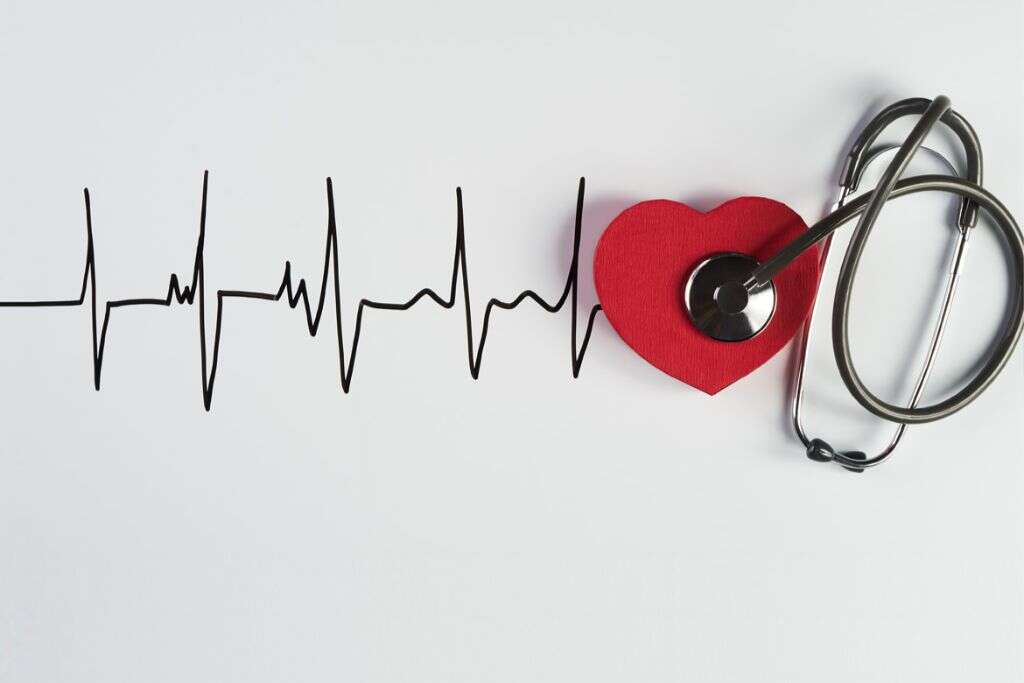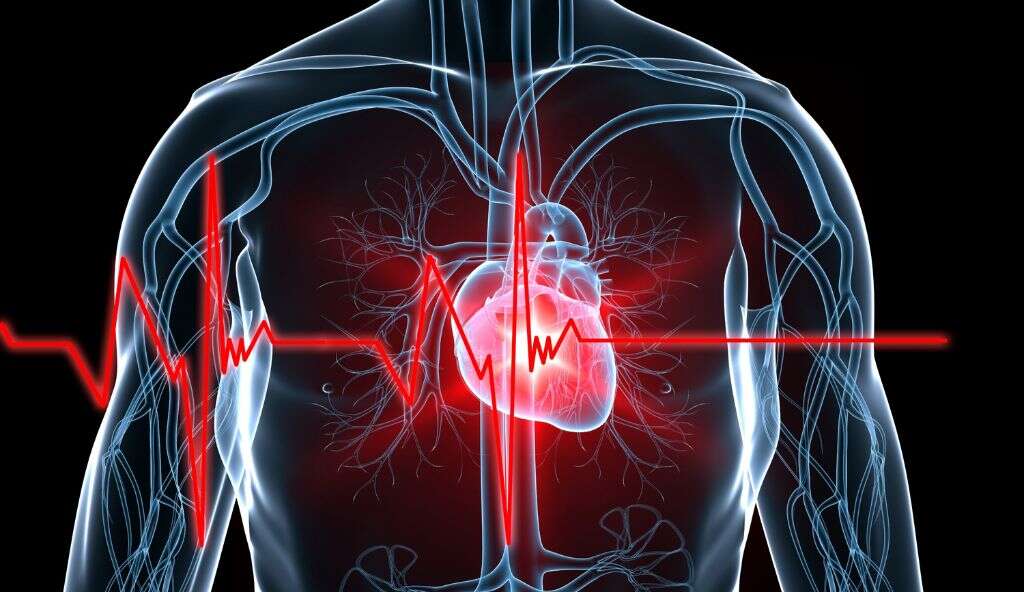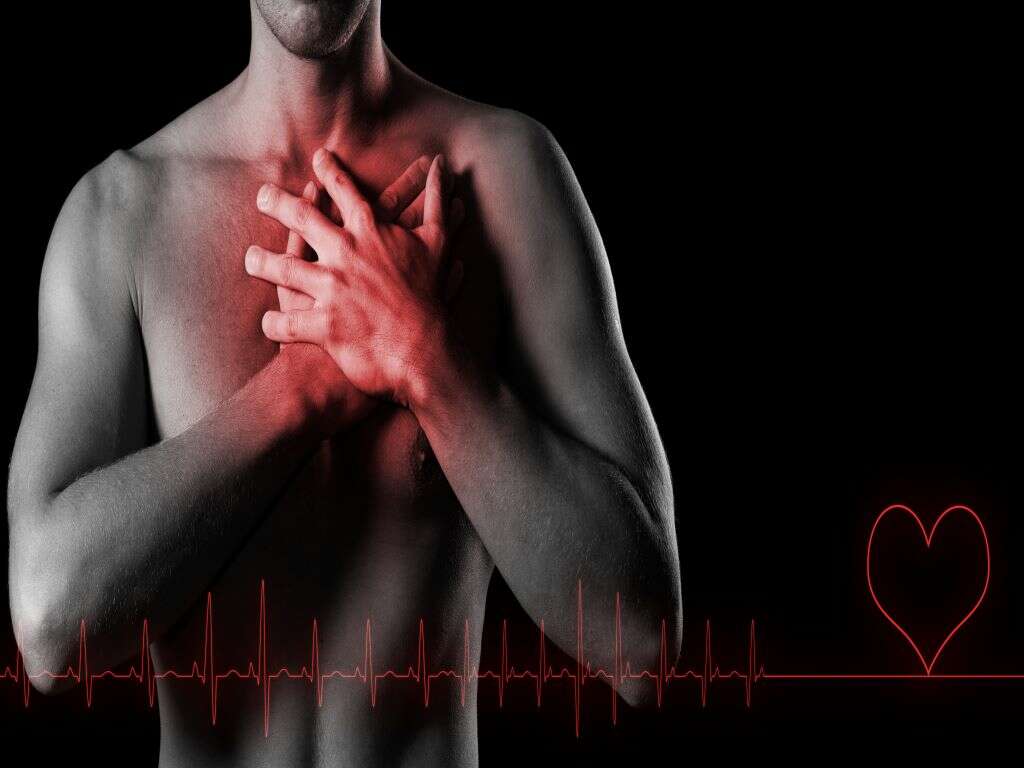What Is Sick Sinus Syndrome?
Our heart beats rhythmically. This is important because it helps to ensure a steady flow of blood around the body, and the rhythm can be slower or faster than usual according to the oxygen demands of our body. If the heart was to lose this rhythm then it can cause problems for the patient.
Some medical conditions can cause the rhythm of the heart to be affected, and one of these is sick sinus syndrome. It is not always dangerous, but it can lead to a cardiac arrest and other serious conditions in some cases. Treatment often includes medication, while some patients will need to be fitted with pacemakers.
1. The Sinus Node
Our heart is a type of pump that forces fresh blood to move through the body and it consists of four chambers. Fresh blood initially flows into the atria, which are the two smaller chambers. These then contract to push the blood into the ventricles, which are the larger chambers. These then contract to push the blood around the rest of the body. On the right atrium are some specialized cells known as the sinus node. This node produces electrical signals that help it to act as a natural pacemaker, controlling the pumping of the heart by causing the atria and the ventricles to contract.
2. Sick Sinus Syndrome
The sinus node produces electrical impulses at a steady rhythm, helping the heart itself to beat in a steady manner. The rhythm of these signal can increase or decrease according to the oxygen needs of the body, but they should still be produced at a steady rhythm regardless of pace.
In cases of sick sinus syndrome, the patients sinus node will not be operating as it should. It can be releasing electrical pulses at too slow a rhythm, too fast a rhythm, or with abnormal pauses in the rhythm. This will then affect the beating of the heart, and this can lead to a number of problems for the patient.

3. Sinoatrial Block
There are four different types of sick sinus syndrome that we know of, one of which is sinoatrial block. Usually, the pulse is generated in the sinus node and then travels to the heart muscle, causing the muscle to contract. In instances of sinoatrial block, however, the pulse can be blocked or delayed on its way to the muscle.
This will mean the muscles do not contract, or that the contraction is delayed, and this will result in a heart rate that is slower than usual. Sinoatrial blocks themselves fall into three separate categories according to the length of the delays.
4. Sinoatrial Arrest
Sinoatrial arrest is also sometimes referred to as sinus arrest. Instead of signals from the sinus node being blocked or delayed on their way to the hearts muscle, they are not generated in the first place. This means that the hearts muscles will not contract. The heart does have more than one pacemaker and, if the sinoatrial node is not emitting signals, then another pacemaker will help ensure the heart continues to pump.
When this happens, it is known as an escape rhythm. If there are no pacemakers emitting signals then a cardiac arrest will occur.

5. Bradycardia-Tachycardia Syndrome
Another type of sick sinus syndrome is bradycardia-tachycardia syndrome. The rate at which our heart beats will change according to how much oxygen we need at the time. Despite this, the rate will stay at a fairly steady pace with no sudden changes, except for times when our oxygen demands increase rapidly or we become anxious or excited.
Bradycardia is a condition in which the heart beats too slowly, and tachycardia is a condition in which it beats too quickly. As the name suggests, bradycardia-tachycardia syndrome is both, and the heart will alternate between beating too quickly and too slowly.
6. Causes
There are a number of causes that can result in sick sinus syndrome. It is mainly caused as a result of damage or scarring to the electrical system that keeps the heart pumping. Heart surgery is one possible cause of this, and heart surgery is most likely to result in such sinus syndrome when it is young children being operated on.
Another potential cause is diseases that can result in scarring of the hearts electrical system. In some instances, the condition is caused by genetics, but this is rare. Conditions like high blood pressure and coronary artery disease are also often associated, but these may just be coincidental.

7. Fatigue
In addition to abnormal heart rhythms, sick sinus syndrome also comes with some other unwelcome symptoms. One of these symptoms is fatigue. The blood that is pumped around our body by our heart is full of oxygen that our cells need for part of the metabolic process. This means creating energy and without the oxygen, our body struggles to generate the energy that it needs.
This, in turn, means that we end up feeling fatigued no matter how much we eat and how much rest we get. If fatigue persists then you should arrange to speak with a doctor regardless of the suspected cause.
8. Lightheadedness
Our brain is a powerful organ and, as such, it requires a lot of fuel. This means lots of fresh blood delivering nutrients and oxygen but, when somebody has sick sinus syndrome, this supply of oxygen can become limited. This will mean that the brain will not have the oxygen it needs to operate at full capacity.
Without enough oxygen, our brain will begin slowing down and this can cause us to become lightheaded. Some people might also find that they faint altogether. There are numerous factors that can cause this and you should get it checked out if the symptom persists.

9. Chest Pains
Any pains in the chest area are something that you should not take too lightly. The chest is an area that holds some of our most essential organs, including our heart, and pain here could indicate a serious problem. This is not always the case, and such pains are usually quite harmless, but it is wise not to try and dismiss them too easily.
Patients with sick sinus syndrome will often find that they have pains in the chest. If you experience a new pain in the area that you cannot explain then you should see a doctor. If you think something serious might be wrong then treat the pain as an emergency.
10. Confusion
Some things in life can be quite confusing even at the best of times and when we are in optimal health. It might be advanced mathematics or maybe you are struggling with something at work you need to learn. We also have different mental abilities and some people will get confused more or less easily than others will.
Confusion is also a symptom of sick sinus syndrome, only the patient is likely to become confused more easily than they otherwise would. This is because there is less oxygen being sent to the brain, and this will affect the brains ability to function properly.











